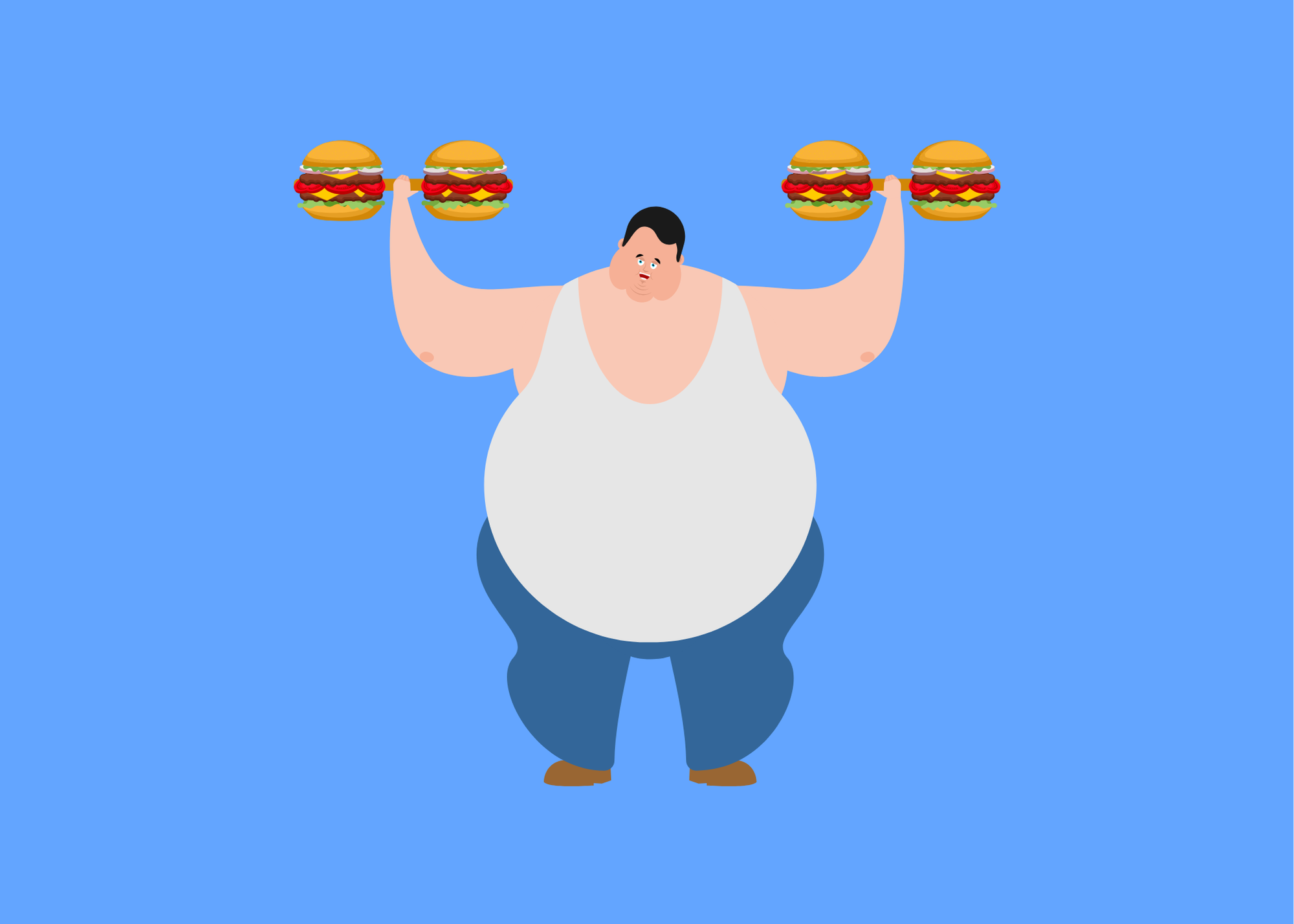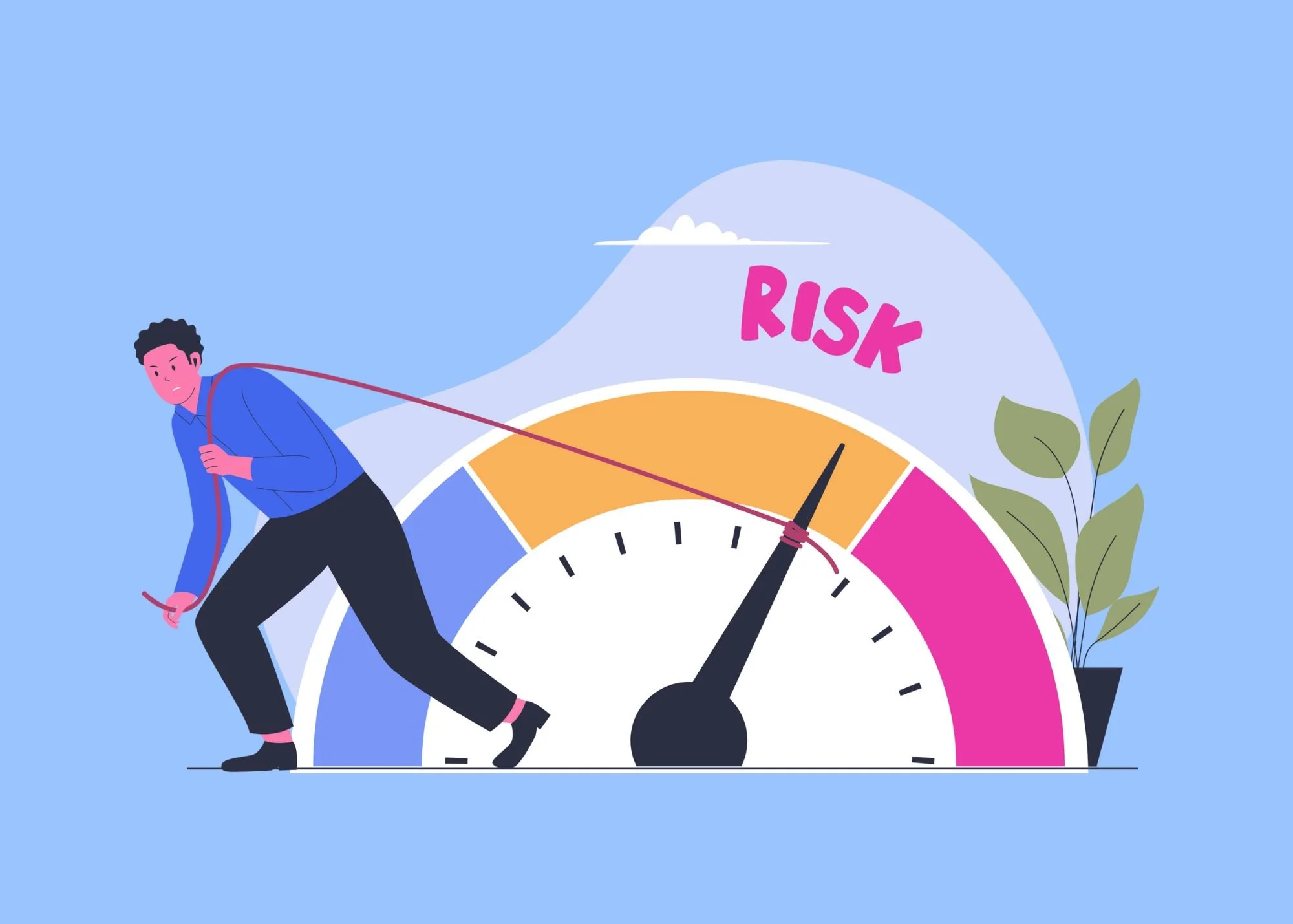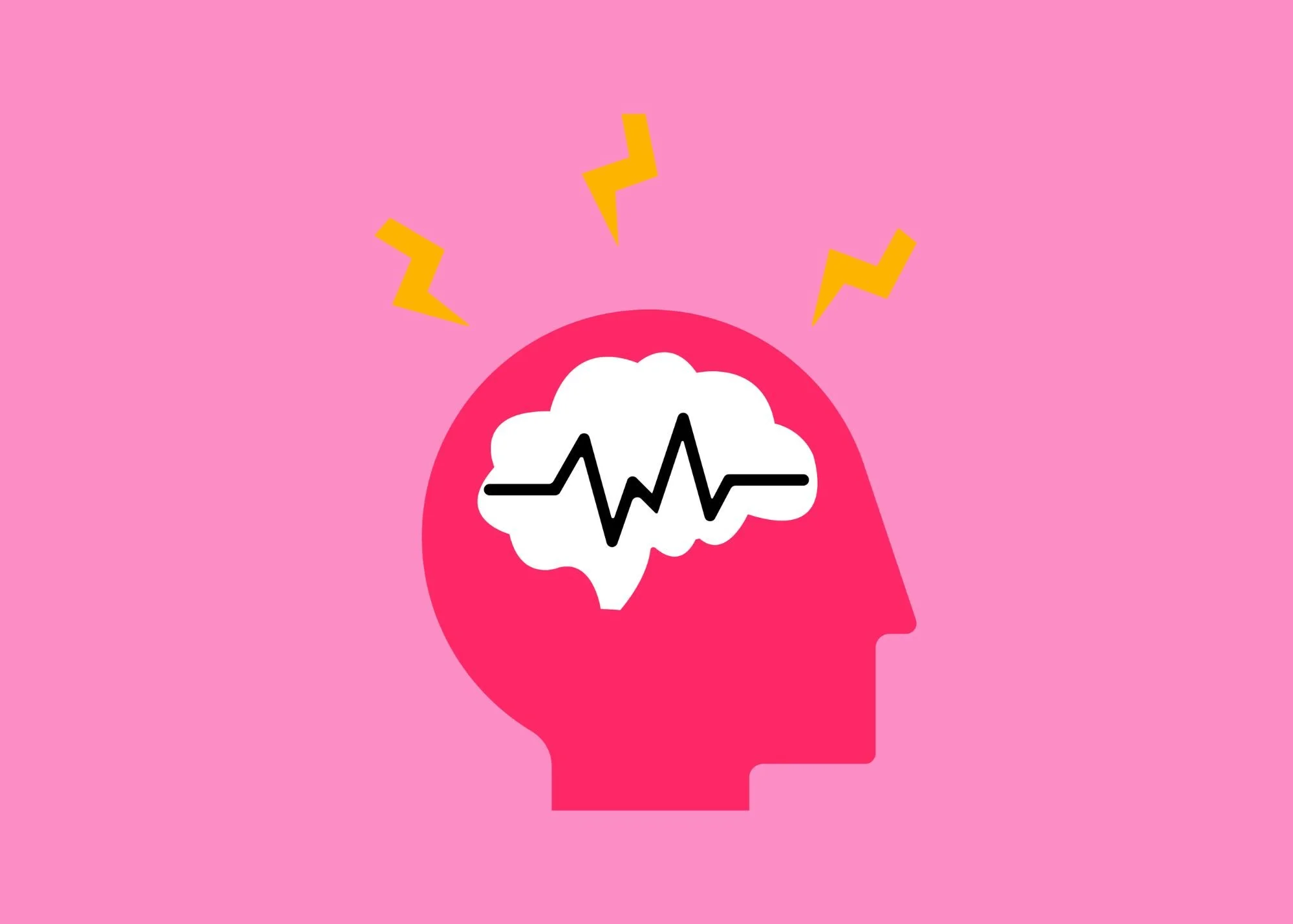Practice Empathy With Boundaries: Show Up for Others Without Depleting Yourself
Protect your own emotional wellbeing and encourage others to do the same.
In the high-performing business world, where success is often equated with productivity and independence, emotional intelligence (EQ) is emerging as one of the most valuable assets in personal and professional relationships.
At the core of emotional intelligence is empathy—the ability to understand, share, and respond to the feelings of others. But what makes empathy truly transformative isn’t just its power to connect us with others; it’s its capacity to help us navigate the complexities of our own emotional landscapes, enhance our interpersonal relationships, and protect our well-being.
For those of us living in high-stress environments—juggling ambitious careers, family obligations, and personal goals—empathy is not just a social skill; it’s fundamental of emotional resilience and a vital tool for maintaining wellness. In fact, empathy might just be the secret weapon for developing deeper connections, while also ensuring that we are not drained by the emotional labor we invest in others.
Empathy, when practiced with awareness of boundaries, does wonders for your relationships—and your own health.
Understanding Empathy in Emotional Intelligence
Psychologist Daniel Goleman defines emotional intelligence as comprising five key components:
Self-awareness
Self-regulation
Motivation
Empathy
Social skills
Of these, empathy is the foundation of effective communication, trust, and connection. Unlike sympathy, which is simply feeling sorry for someone, empathy involves truly stepping into another person’s perspective. This ability allows for stronger collaboration, conflict resolution, and relationship-building—critical in both leadership and personal life.
However, empathy is often misunderstood. Many professionals are conditioned to prioritize productivity over emotional awareness, neglecting the deep emotional needs that impact both their own well-being and the well-being of those around them. This is where boundaries come into play.
The Importance of Boundaries: Protecting Your Mental and Emotional Wellness
One of the greatest challenges for high achievers is learning how to balance empathy with self-preservation. Without clear emotional limits, absorbing the struggles of others can quickly lead to chronic stress, exhaustion, and burnout.
Signs You Need Stronger Boundaries:
Feeling emotionally drained after conversations
Constantly putting others’ needs ahead of your own
Experiencing guilt when saying no
Struggling to disconnect from others’ problems
Boundaries are not about being distant or indifferent—they are about recognizing when to step back in order to preserve your own mental health. By setting healthy limits, you can continue showing up for others without depleting yourself.
How Empathy Enhances Emotional Intelligence in Relationships
When paired with healthy boundaries, empathy strengthens emotional intelligence in several key ways:
1. Improved Communication
By tuning in to others' emotional states, you can respond more thoughtfully, tailoring your message to be more in sync with their needs and feelings.
This doesn’t just make your interactions more harmonious—it ensures that you're heard and understood more clearly. In relationships, whether personal or professional, this level of communication fosters trust and respect.
2. Conflict Resolution
Empathy allows you to approach conflict with understanding rather than defensiveness. When you can understand where the other person is coming from—whether it’s frustration, fear, or concern—you’re better equipped to resolve issues without escalating tensions.
High achievers are often placed in leadership roles where conflict resolution is a critical skill. In these moments, empathy helps you to remain grounded and connect with others, even during difficult conversations.
3. Building Trust and Connection
People are drawn to those who listen, understand, and respond with compassion. Empathy deepens relationships by making others feel seen and valued.
Whether you’re in a professional setting leading a team or in a personal relationship with friends or family, empathy fosters mutual respect and emotional closeness. It signals that you care about the other person’s well-being, not just their productivity or success.
4. Increased Emotional Resilience
Empathy helps you understand your own emotions better, which makes it easier to regulate them. This self-awareness builds emotional resilience—a critical quality for high achievers, especially those managing stress or burnout.
The ability to recognize your emotional triggers and respond with empathy (rather than react impulsively) allows you to navigate challenges with greater emotional agility.
Practicing Empathy with Boundaries: A Balanced Approach
If empathy is the key to emotional intelligence, then boundaries are the safeguard that prevents emotional exhaustion. Here’s how to integrate both effectively:
1. Know Your Limits
Start by assessing your emotional bandwidth. Are you feeling drained after certain interactions? Are you carrying someone else’s emotional burdens for too long? Recognizing these signs early helps prevent burnout.
It’s okay to take a step back and recharge.
By acknowledging your own needs, you create the space necessary to offer genuine empathy without becoming overwhelmed.
2. Use “Empathetic Listening” with Detachment
Empathetic listening is essential for understanding others, but it doesn’t mean you need to absorb their emotions as your own. Listen actively, validate their feelings, and offer support—without internalizing their stress.
When practicing empathetic listening, remind yourself that you are there to listen, not to fix.
You can acknowledge their emotions without letting them hijack your own.
3. Set Clear Emotional Boundaries
Disengage when conversations become too overwhelming. This doesn’t mean withdrawing support, but rather protecting your mental space. One technique is mentally “putting a lid” on emotional discussions after offering support.
Learn how to disengage emotionally when a conversation or situation becomes too heavy.
You can offer empathy and support, then give yourself permission to step back and process your own emotions.
4. Practice Saying No Without Guilt
Saying no is one of the most powerful boundary-setting tools. Declining unnecessary responsibilities or emotionally taxing conversations allows you to preserve your energy for what truly matters.
Saying no is not just about refusing requests; it’s about preserving your emotional energy.
Whether it’s declining additional work responsibilities or politely excusing yourself from a stressful conversation, learning to say no is essential for keeping empathy in check without burning out.
5. Model Emotional Intelligence
Lead by example. When you practice empathy with clear boundaries, you encourage others to do the same. This cultivates a healthier work culture and personal environment where emotional intelligence thrives.
When you practice clear boundaries and empathy with others, you create a safe space for those around you to do the same.
This is important for healthy relationships in workplace, friendship, and family dynamics.
Final Thoughts
Empathy, when combined with healthy boundaries, is one of the most powerful tools you can develop to enhance emotional intelligence in your relationships. It allows you to connect more deeply with others, resolve conflicts with grace, and build trust. At the same time, it empowers you to protect your own emotional well-being, ensuring that your compassion doesn’t come at the cost of your health.
Empathy is not a weakness—it’s an asset. It creates the space for meaningful connections, deeper understanding, and greater resilience. By practicing empathy with awareness of your own limits, you enhance not only your relationships but also your ability to thrive in the fast-paced, demanding world you navigate every day.
Article References
The sources cited in the article:
Forbes. "How to Set Boundaries at Work Without Jeopardizing Your Career." Forbes - How to Set Boundaries at Work
Positive Psychology (PP). “How to Set Healthy Boundaries & Build Positive Relationships.” PP - How to Set Healthy Boundaries
Psychology Today (PT). "Why Boundaries at Work are Essential." PT - Why Boundaries at Work are Essential
Real Simple. "How to Set Boundaries for Your Emotional Well-Being.” Real Simple - Set Boundaries for Your Emotional Wellbeing
PsychCentral (PC). “Personal Boundaries: Types and How to Set Them.” PC - Personal Boundaries: Types and How to Set Them






